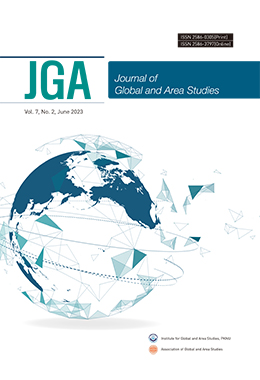School and community partnerships are considered effective for achieving educational reforms, yet this type of collaborative enterprise continues to suffer from a crisis of relevance and sustainability up to the present. Hence, this study aims to identify factors that hinder the actualization of school-community partnerships. Using a case study approach, we conducted key-informant interviews, focus group discussions, and field observations in a public school in Cebu, Philippines. Through a thematic analysis of the data and anchored on Epstein’s Theory of Overlapping Influence (OSI), the study found that school leadership, sense of reciprocity, dynamics of local politics, and parent’s self-efficacy are the key factors that affect the practice of effective school and community partnerships. We also highlight that distinctive school contexts dictate how such partnerships are organized. One interesting finding indicates that the “diffusion of responsibility” may be detrimental. With the implementation of school-based management, the subjective diffusion of responsibility to “many leaders” results to finger-pointing and less proactive behavior. The spirit of school and community partnerships is in proper communication and effective collaboration―a critical dimension of the OSI model; without it, its purest intentions are most likely to fail. In an ironic twist of fate, decentralization of education, which is supposed to decenter the responsibilities of localities and peripheries, may actually hurt (instead of help) substantive educational and public policies in emergent democracies.




